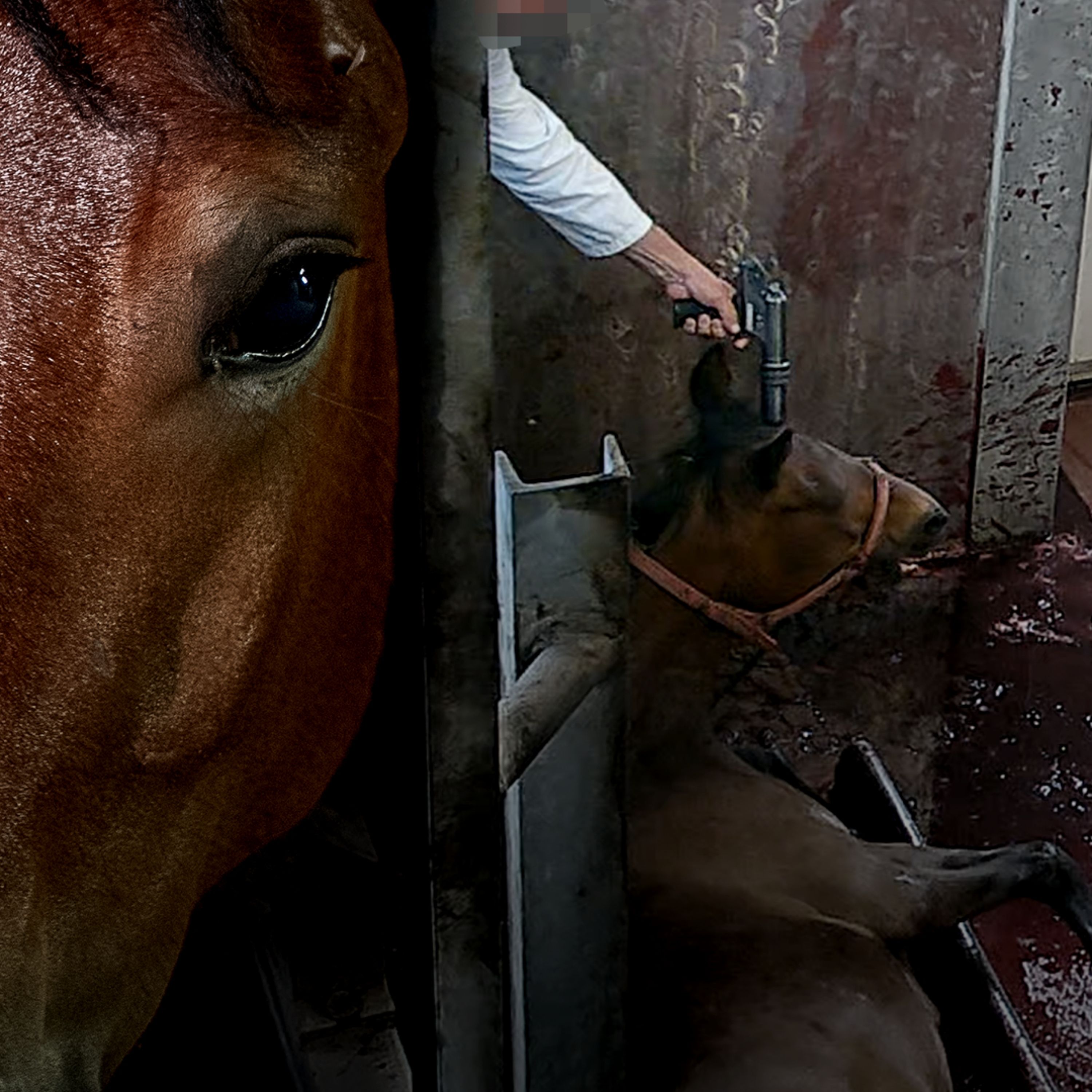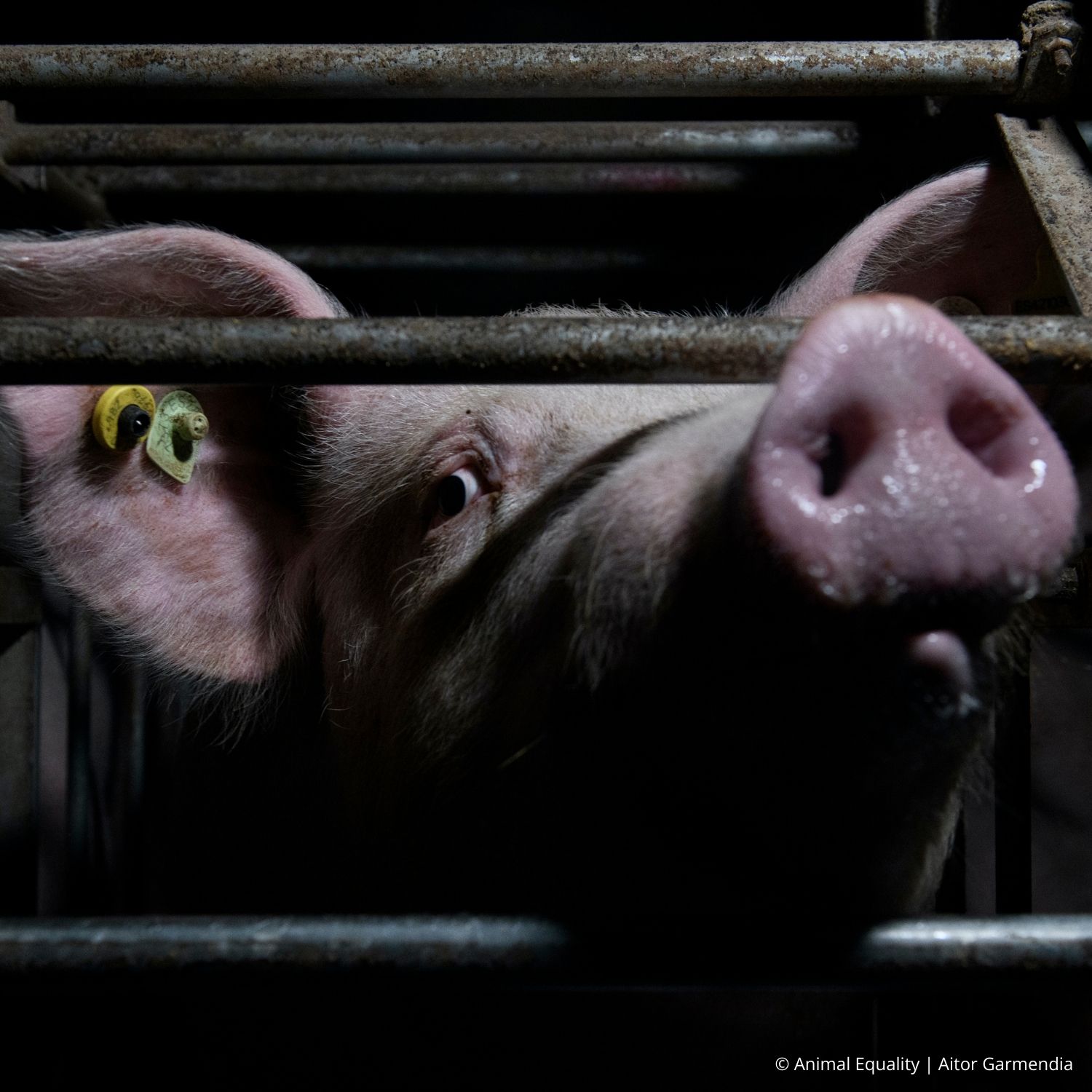Almost 400 Calves Found Dead On Limerick Farm
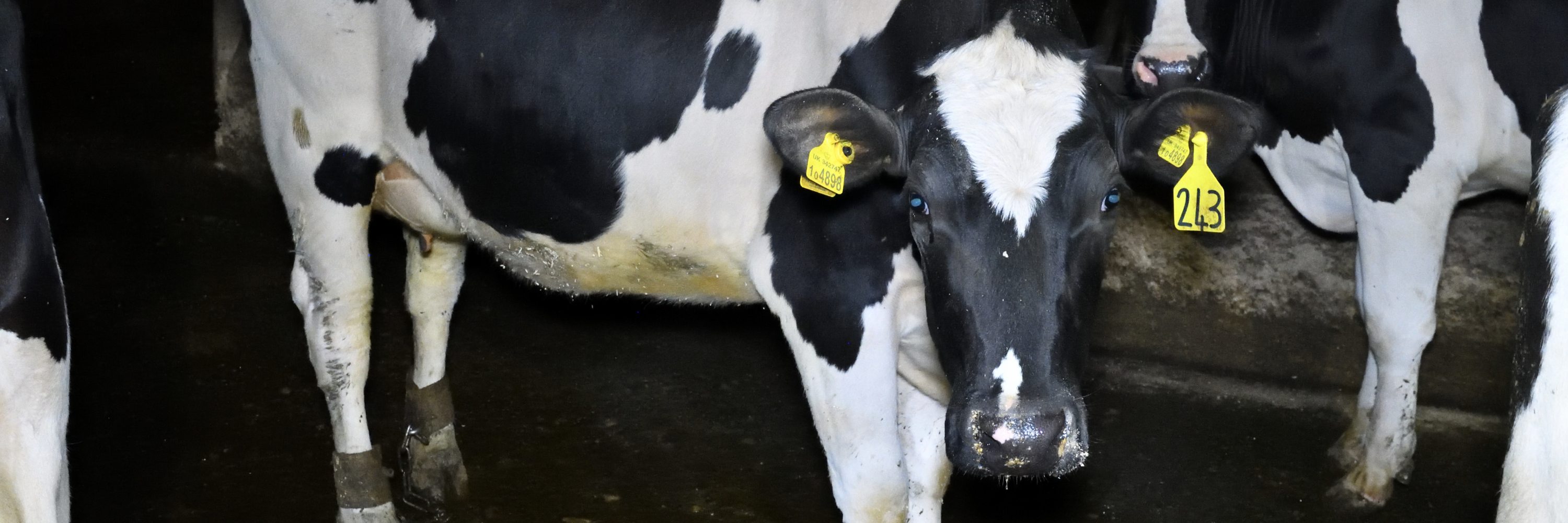
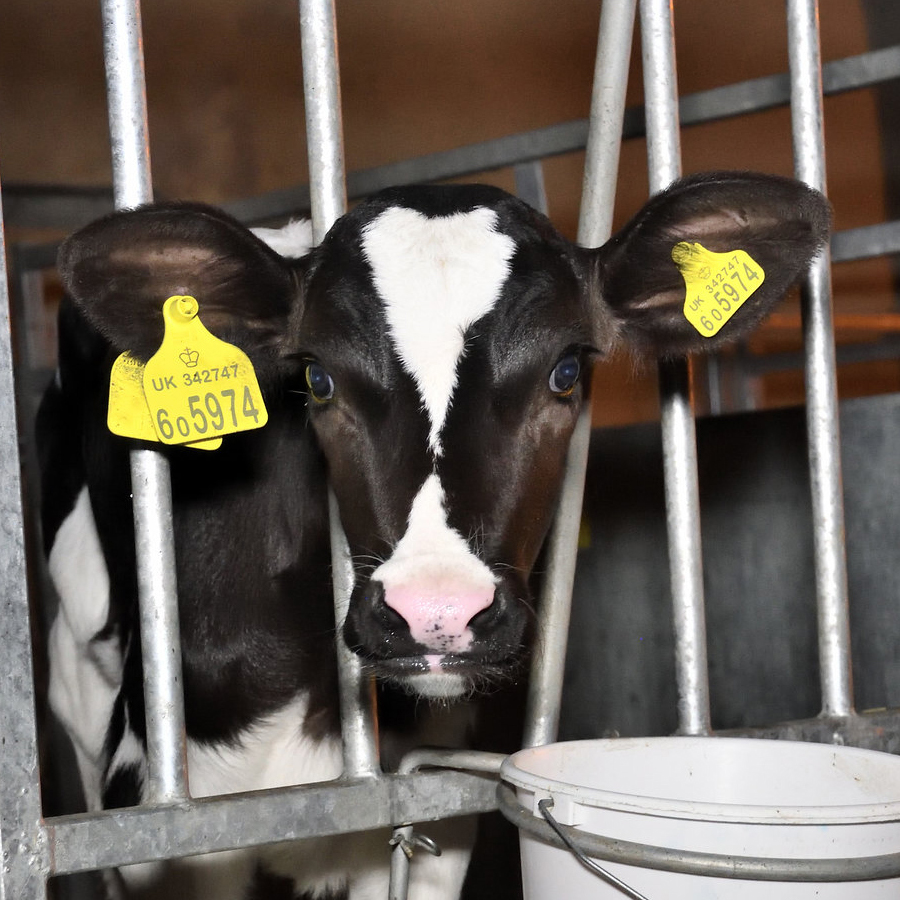
The Irish Department of Agriculture has launched an investigation into a livestock farm in Limerick, Ireland after nearly 400 calves were found dead. The bodies were discovered after a neighbour complained about a strong smell coming from the farm. The calves reportedly died from a variety of causes including disease and malnutrition.
Animal Equality has documented abuse and / or neglect towards calves through several investigations. Male calves are not considered profitable to the industry as they do not produce milk and they grow more slowly and develop less muscle than the animals usually raised and killed for their flesh.
Around 140,000 calves are exported to Europe from Ireland every year. It’s reported in Ireland that those who remain in the country are sometimes sold for as little as €5 per calf.
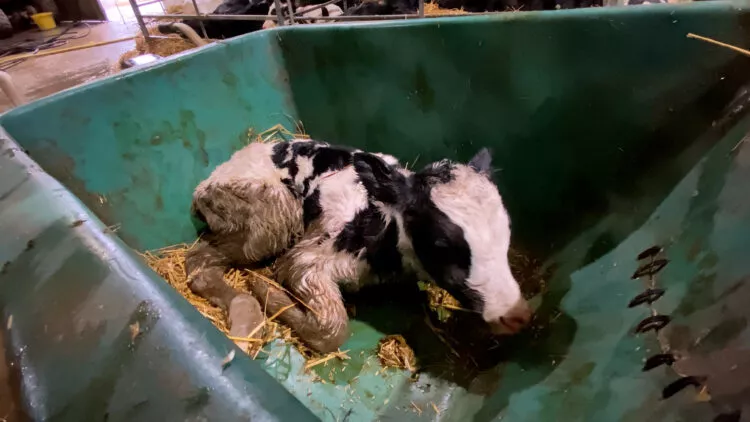
The Limerick case is by no means an isolated case. Last year, 270 calves were found dead on a farm in Galway. They died of disease and malnutrition.
A recent undercover investigation by Animal Equality UK also uncovered abuse and neglect at Madox Farm in Carmarthenshire, South Wales which at the time of filming held over 650 cows and calves. The farm was linked to the dairy producer, Freshways, which at the time was supplying milk to companies including Costa, Londis and British Airways.
The images from Animal Equality’s investigation at Madox Farm showed staff kicking and punching cows in the face and stomach and hitting them with metal shovels. The images were featured on BBC One’s Panorama earlier this year.
Since 2017, Animal Equality has investigated more than 140 dairy farms around the world. We’ve documented the exploitation and neglect that cows and calves face.
Cows are forced through constant cycles of pregnancy and are separated from their newborn calves just days or even hours after being born.
They are bred to produce unnaturally high amounts of milk which often leads to illness and infection. An estimated 30% of cows in the UK dairy industry suffer from lameness and have difficulty walking.
Once a cow stops producing the high levels of milk the industry wants from her, she is deemed ‘unproductive’ and will be slaughtered for meat. This is usually at the age of five or six, which is just a fraction of her normal lifespan.
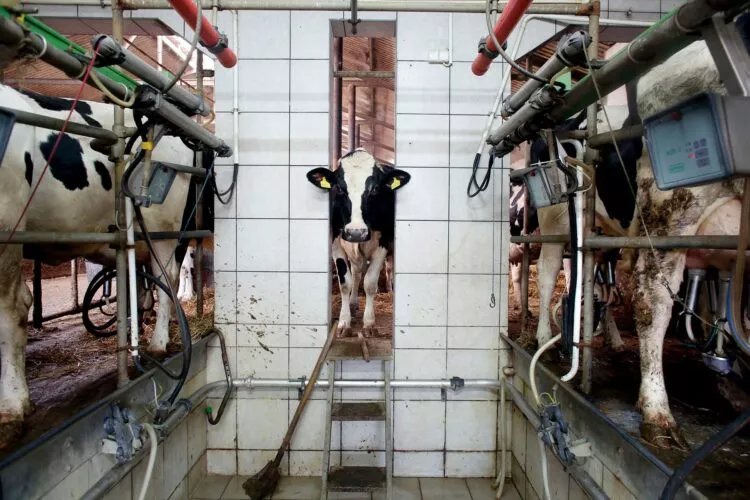
Male calves are essentially considered useless to the industry because they don’t produce milk, so they too are soon sent to slaughter to produce cheap ‘beef’ or ‘rosé veal’.
Animal Equality will continue to uncover and denounce the dairy industry. It’s often portrayed as idyllic or animal-friendly, but in reality it exploits and neglects millions of cows and calves every year, including right here in the UK.
Each of us can do our part to help cows and calves every day by choosing plant-based alternatives to milk.
You can also support our investigators who bravely go undercover into factory farms and slaughterhouses to uncover the truth and catch animal abusers. Support them today by making a donation.

